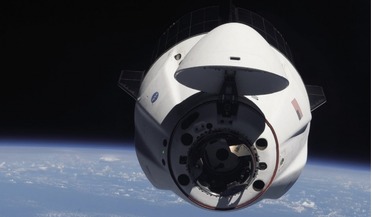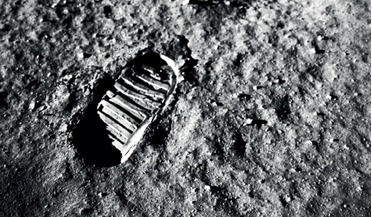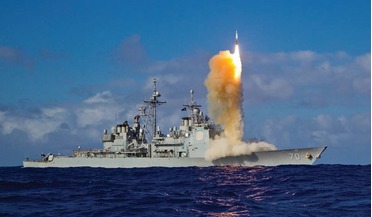 July 2021
Collaboration and competition in lunar exploration
July 2021
Collaboration and competition in lunar exploration
... has expanded considerably. Countries now involved in space exploration include the historical, Cold War opponents, the United States and Russia; European countries, primarily through the European Space Agency (ESA); China, Japan, Canada and...
 May 2024
The challenges of satellite communications on the move
May 2024
The challenges of satellite communications on the move
... entertainment services. Such relay services enabled coverage of the Olympic Games in Tokyo to be beamed back to the United States for terrestrial broadcast in October 1964. Scaling of satellite mass and bus power, coupled with a reduction in through...
 07 October 2021
ROOM supports virtual technology pavilion for COP26
07 October 2021
ROOM supports virtual technology pavilion for COP26
... including high profile senior figures in government, academia and industry, as well as former Vice President of the United States, Al Gore. Attendees will have the opportunity to network while learning about the role of innovation, technology...
 November 2017
Preserving Apollo’s lunar legacy
November 2017
Preserving Apollo’s lunar legacy
... two well-meaning but woefully misinformed legislators from the United States sought to have the US Department of Interior administer ... into space - believes it is not the United States, but the United Nations that should act formally to protect and ...
 January 2021
Spacepower and international relations
January 2021
Spacepower and international relations
... ‘diplomatic and economic means to counter American power’. Yet spacepower also enables ‘hard balancing’ against the United States. It has allowed increasing amounts of conventional military power and latent economic power to be deployed for the use...
 July 2014
Defending NATO and its allies from high-altitude threats
July 2014
Defending NATO and its allies from high-altitude threats
...international pressure, multiple rounds of sanctions, and years of diplomatic negotiations. That is also why it is likely that the United States and its allies will face increasingly sophisticated ballistic missiles in the near future. This will only...